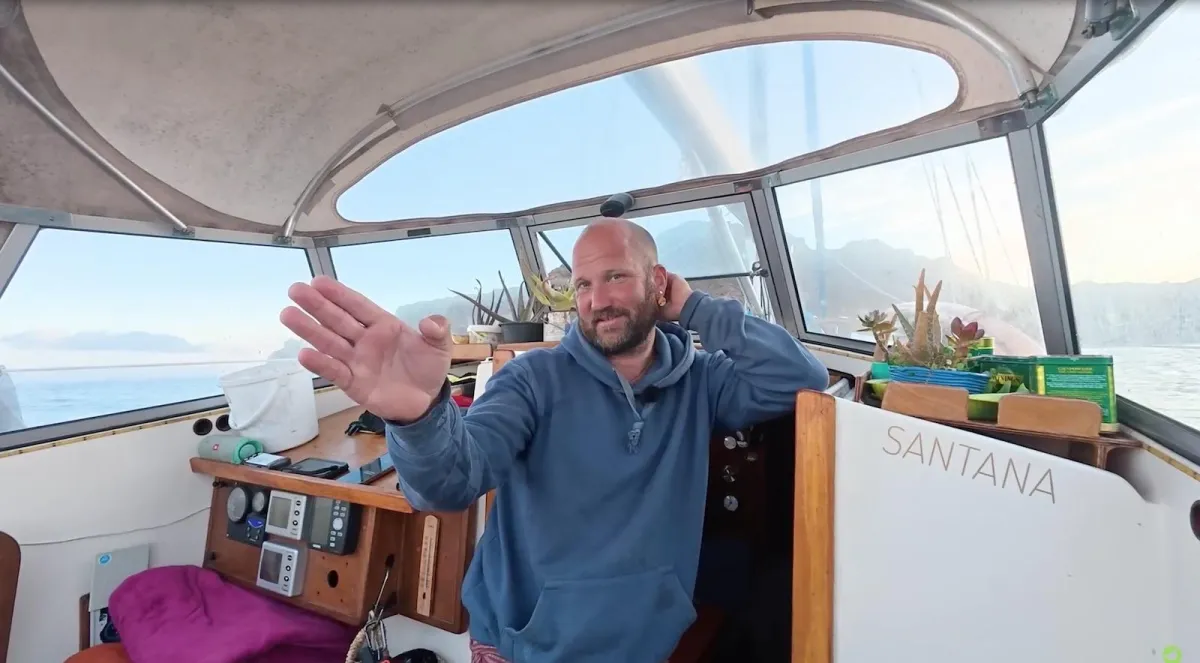Birthday Trip to Santo Antão: Valleys, Grogue, Chaos
A delayed birthday escape to Santo Antão: Paul Valley, a drone crash, and 10am grogue—Cabo Verde at its best.

A delayed birthday escape to Santo Antão: Paul Valley, a drone crash, and 10am grogue—Cabo Verde at its best.

Anchored off São Nicolau, I look back on betrayal, burnout, and reset—plus where Santana is headed next.

A calm 40-mile sail from Gran Canaria to Tenerife — flat seas, full sails, and the quiet beauty of simple sailing life in the Canary Islands.

Finding shelter in southern Gran Canaria led us to a hidden anchorage, a local fishermen’s festival, and one of those rare sailing moments you can’t plan.

Sailing south around Gran Canaria, we switch roles at the helm. A story about trust, teamwork, and learning to steer through change — together.

A calm day sail from Fuerteventura to Gran Canaria — steady winds, easy seas, and reflections on sailing life in the Canary Islands.
© Copyright 2026. flohjoe OÜ. All Rights Reserved.